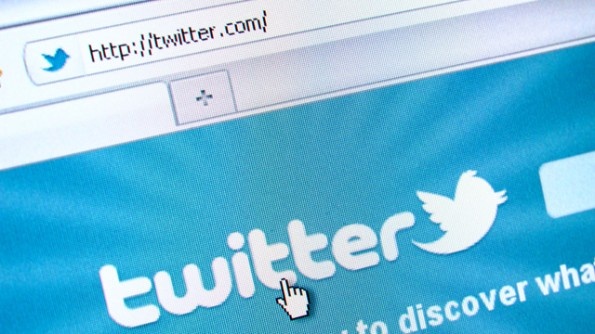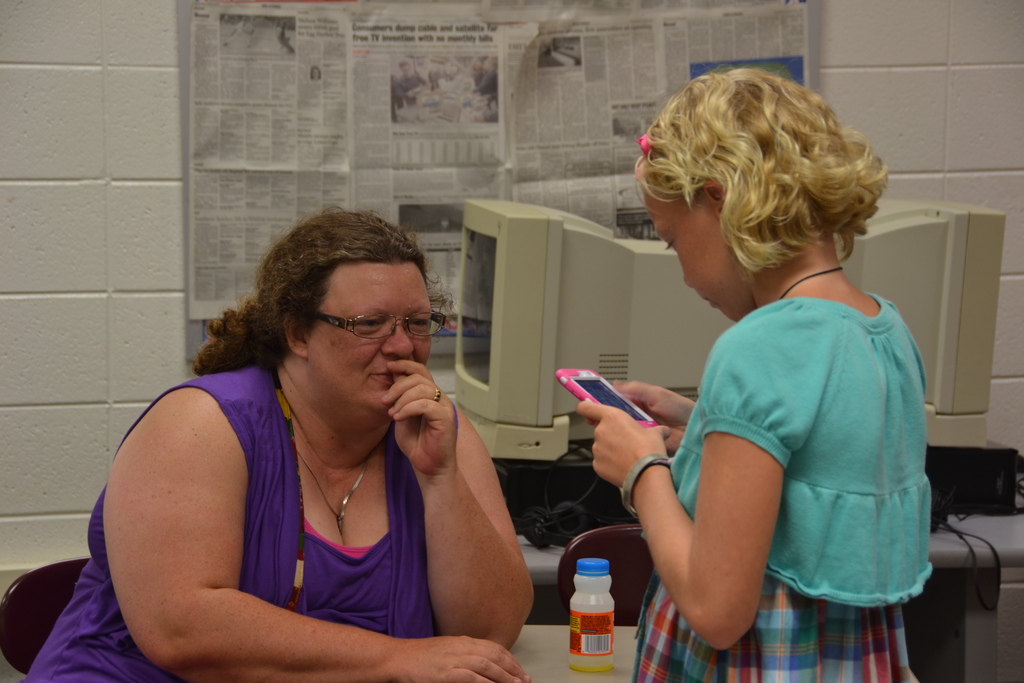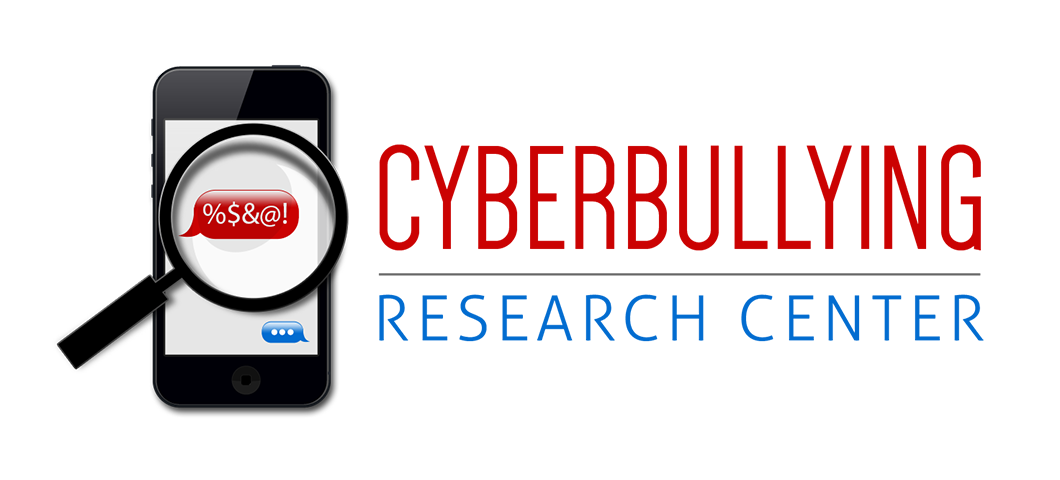
Teacher shames student in classroom after student bullies teacher on Twitter
Recently, a female student in Northern Mexico posted very offensive comments about her teacher – Ms. Idalia Hernandez Ramos – on Twitter. These included referring to her as a “whore” and a “bitch,” and defaming her in other hurtful and insulting ways. At best, the behavior is a youthful indiscretion that unfortunately hurts the feelings […]

Educators, Students, and Conversations about Technology Misuse
During the last several years, school staff have become well aware that what happens online often significantly impacts the environment at school and the ability of students to learn. It is also true that what goes on at school influences the nature and content of student interactions while away from school. That means that a […]

Is it Ok for Educators to Connect with Students on Facebook?
Some of you may have seen that we posted a new fact sheet earlier in the week with information for educators and students to keep in mind when connecting via social media. This has been a topic of intense debate on this blog for years and we would love to hear your opinions. So, before […]

Social Influences on Cyberbullying Behaviors Among Middle and High School Students
Sameer and I wrote a paper that was recently published in the Journal of Youth and Adolescence that examines the influence of peers, parents, and educators on the cyberbullying behaviors of middle and high school students. It has long been known that adolescent behaviors (both positive and negative) are largely influenced by significant others. Our […]

Social Influences on Cyberbullying Behaviors Among Middle and High School Students
Sameer and I wrote a paper that was recently published in the Journal of Youth and Adolescence that examines the influence of peers, parents, and educators on the cyberbullying behaviors of middle and high school students. It has long been known that adolescent behaviors (both positive and negative) are largely influenced by significant others. Our […]

School Climate and Cyberbullying: An Empirical Link
Our latest book School Climate 2.0: Preventing Cyberbullying and Sexting One Class at a Time argues that one promising way to prevent cyberbullying and other problematic online behaviors from occurring is to develop a positive climate at school where students feel safe and cared about. There is ample evidence to affirm the power of a […]

Bullying and Peer Violence Videos as Teaching Tools?
A colleague sent me an article detailing how pictures and videos of bullying and other forms of violence posted online – student on student, or student on teacher – can actually be used as a “teachable tool” and to “wake everyone up.” Parents can sit down with youth and watch them together, and convey lessons […]

Guidelines for updating your school’s social networking policy
As a followup to our last blog post, we’d like to share some more guidance to keep in mind as you are updating and refining your school’s policy related to Facebook (and other social networking sites). We hope this is helpful for you. Please remember, though, that you must do a lot more than policy […]

Public schools, Facebook, and the FCC
Our colleague Mike Donlin and I have been talking out some issues related to public education and teen technology use. He has recently pointed out that there are certain points that the FCC would like schools to know as it relates to their intersection with and use of social networking sites. Specifically, schools need to […]

Facebook for Educators, and the issues we need to consider
I have been chatting with my colleague Nancy Willard from Embrace Civility in the Digital Age about Facebook in schools, and how they should and should not be used by educators. These are her recent thoughts with some of my input added…just to get some more discussion going on this issue. We both think that […]

